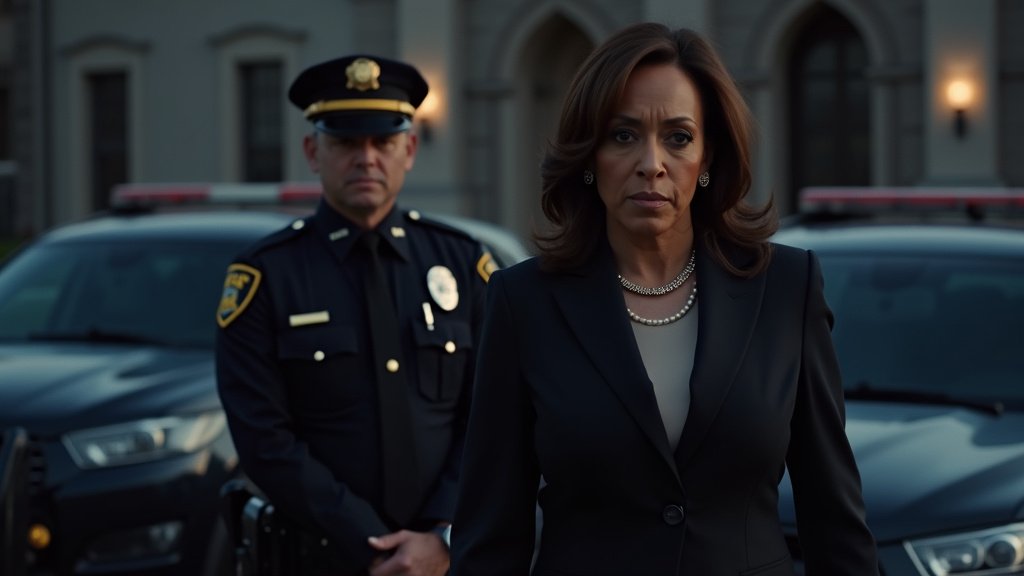In a move that has sparked political controversy and raised safety concerns, the California Highway Patrol (CHP) has reportedly offered to provide security for former Vice President Kamala Harris following President Donald Trump’s decision to revoke her Secret Service protection. The Los Angeles Times first reported the offer, citing law enforcement sources, detailing a significant shift in protective arrangements for the former Vice President.
Secret Service Protection Revoked Amidst Political Strife
Under federal law, former vice presidents are typically entitled to Secret Service protection for six months after leaving office. However, President Joe Biden had previously signed an executive order extending Kamala Harris’s security detail for an additional year, a period that would have lasted until July 2026. This extension reflected the heightened threat environment often faced by high-profile political figures.
However, President Trump, shortly before the scheduled end of Harris’s extended protection, issued a memorandum directing the Secret Service to discontinue these measures, effective September 1, 2025. Sources familiar with the decision, as reported by multiple outlets including CBS News and CNN, indicated that a Secret Service threat assessment had found no red flags or credible evidence of a threat that would warrant continuing the detail beyond the statutory six-month period. Critics, however, have widely condemned the move, labeling it as politically motivated retaliation.
California Highway Patrol Offers Protective Services
Following President Trump’s directive, discussions were held between California Governor Gavin Newsom and Los Angeles Mayor Karen Bass regarding the former Vice President’s security. These conversations led to the CHP’s offer to step in and provide protective services. The CHP, known for its broad law enforcement jurisdiction across the state, is equipped to handle such protective duties, including those for state officials and at state facilities, and has units dedicated to dignitary protection.
Mayor Bass of Los Angeles, a Democrat, sharply criticized Trump’s decision. “This is another act of revenge following a long list of political retaliation in the form of firings, the revoking of security clearances and more,” Bass stated, according to reports. “This puts the former Vice President in danger and I look forward to working with the Governor to make sure Vice President Harris is safe in Los Angeles.” Governor Newsom’s office, like the CHP and Secret Service, declined to comment on specific security arrangements.
Context and Future Implications
The situation takes on added significance as Kamala Harris is preparing to embark on a book tour for her memoir, “107 Days,” detailing her presidential campaign. This tour will involve increased public appearances and travel, making continued security coverage a pressing concern.
The decision by the Trump administration to revoke protective detail, especially after it had been extended by the previous administration, highlights a potentially contentious approach to security for political figures. The involvement of a state agency like the California Highway Patrol in providing security for a former federal official underscores the complex dynamics of state and federal law enforcement cooperation, particularly in a politically charged climate.
While the CHP has not publicly commented on the specifics of its offer or any agreement, its intervention signifies a proactive measure by California leadership to ensure the safety of a prominent resident and former national leader. This development is being closely watched, with observers noting the sensitive balance between political directives and the fundamental need for security for public figures. The news from Los Angeles continues to be a focal point in the ongoing national political narrative, placing a spotlight on the critical role of security in public life.





